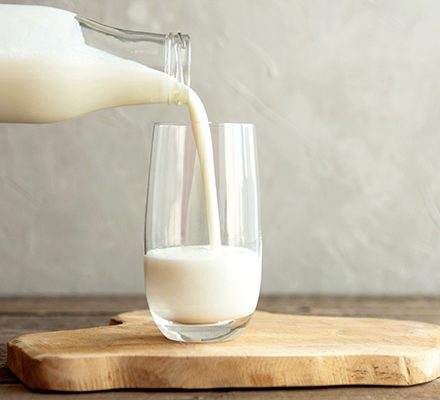Introduction
Acid reflux, a prevalent issue that plagues numerous individuals, is often combated with an array of solutions, one of which intriguingly encompasses milk. But the myriad of options in the milk aisle often bewilders consumers: which one is the best milk for acid reflux? In this detailed dive, we explore various milk options, scrutinizing their respective impacts on acid reflux and digestive health.
Understanding Acid Reflux: A Brief Overview
Characterized by a burning sensation in the chest and an unpleasant taste in the mouth, acid reflux transpires when stomach acid regurgitates into the esophagus. It’s paramount to understand acid reflux thoroughly before pinpointing which milk best ameliorates its symptoms.
The Traditional Role of Milk in Acid Reflux Management
Historically, milk has been regarded as a soothing remedy for acid reflux due to its alkaline nature, which can neutralize stomach acid. However, the temporary relief provided by milk may potentially be succeeded by an acid rebound effect, warranting a thorough evaluation of the types of milk available.
Whole Milk: A Double-Edged Sword
While the creamy consistency of whole milk can offer initial alleviation for acid reflux, its high-fat content might ultimately exacerbate the situation by stimulating more acid production. Weighing the pros and cons of whole milk is crucial for mindful selection.
Almond Milk: A Popular Plant-Based Alternative
Boasting low acidity and being naturally alkaline, almond milk emerges as a popular choice. It’s not only gentle on the stomach but also comes packed with heart-healthy fats, providing a nourishing alternative for those grappling with acid reflux.
Oat Milk: The Gentle Choice for a Sensitive Stomach
Enriched with fibers and being low in fat, oat milk is heralded for its gentle approach to digestive health. Its soothing properties and smooth texture render it a viable candidate in managing acid reflux symptoms without triggering further discomfort.
Goat Milk: Exploring an Animal-Based Alternative
Despite being an animal-based option, goat milk presents a unique profile with smaller fat molecules and lower lactose levels, potentially offering a smoother, less irritating passage through the digestive system for acid reflux sufferers.
Coconut Milk: A Tropical Remedy
Coconut milk is often touted for its myriad of health benefits, but its higher fat content might be concerning for acid reflux management. An analysis of its properties reveals where it stands in the spectrum of being the best milk for acid reflux.
Soy Milk: The Pioneering Plant Milk
With a nutritional profile that aligns closely with dairy milk, soy milk offers a balance of proteins and healthy fats. Its moderate fat content and inherent properties may extend a calming effect on the esophagus without aggravating acid production.
Lactose-Free Milk: Addressing Lactose Intolerance and Acid Reflux
Lactose-free milk caters specifically to individuals who are lactose intolerant. By providing all the conventional benefits of milk without the lactose, it secures a spot as a commendable contender in acid reflux management, especially for those with digestive sensitivities.
Rice Milk: A Low-Fat, Hypoallergenic Option
As one of the most hypoallergenic milk options available, rice milk ensures a low-fat and gentle solution for those seeking to manage acid reflux symptoms without confronting potential allergens found in other milk types.
Conclusion
Navigating through the extensive array of milk options can be a daunting task, particularly when seeking the best milk for acid reflux. From the traditional whole milk to an assortment of plant and animal-based alternatives, each type carries its own set of properties, benefits, and drawbacks. An effective approach entails considering individual dietary needs, potential allergens, and specific digestive responses to ensure that the chosen milk not only alleviates acid reflux symptoms but also aligns seamlessly with overall health and wellbeing. Ultimately, the journey towards pinpointing the ideal milk may necessitate a degree of experimentation and consultation with healthcare professionals to tailor a solution that harmoniously melds with one’s unique digestive landscape.

